In today’s health-conscious world, the demand for fresh and nutritious beverages has surged. Orange juice, with its tangy taste and high vitamin C content, has become a popular choice among consumers. However, when it comes to purchasing orange juice, the choice between 100% orange juice and concentrate can sometimes be confusing. This article aims to explore the differences between the two options and shed light on factors that can help consumers make an informed decision. 1. Production Process: One of the key differences between 100% orange juice and concentrate lies in their production processes. 100% orange juice is made by extracting juice directly from whole oranges, with no additional ingredients. This process retains the natural flavor and nutrients of the fruit, making it a healthier choice.
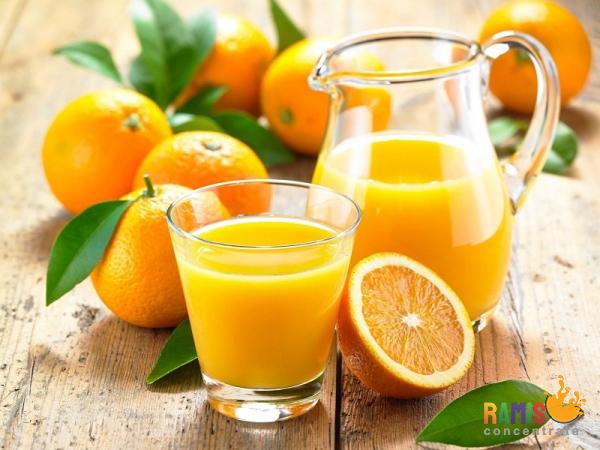
.
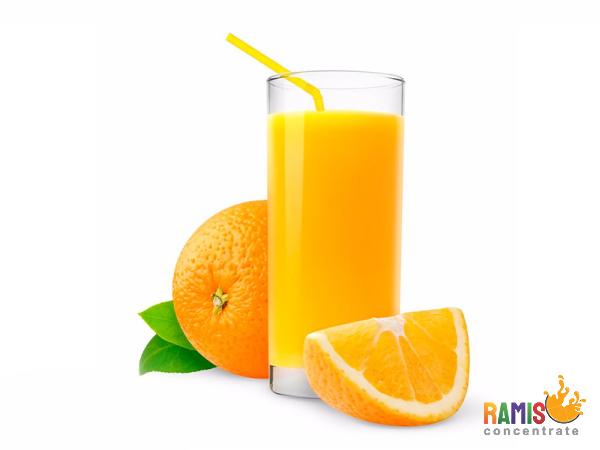 On the other hand, concentrate involves removing water from the juice to reduce its volume, allowing for easier transportation and storage. Water is later added back during reconstitution to restore the juice to its original form. 2. Nutritional Value: When it comes to nutritional value, 100% orange juice holds an advantage over concentrate. The fresh juice provides essential vitamins, minerals, and antioxidants that are naturally present in the fruit, including vitamin C, potassium, folate, and thiamin. It also contains dietary fiber, which aids in digestion. In contrast, the concentration process in making orange juice concentrate may cause a slight loss of some heat-sensitive nutrients. However, manufacturers often fortify the concentrate with added nutrients to compensate for any losses.
On the other hand, concentrate involves removing water from the juice to reduce its volume, allowing for easier transportation and storage. Water is later added back during reconstitution to restore the juice to its original form. 2. Nutritional Value: When it comes to nutritional value, 100% orange juice holds an advantage over concentrate. The fresh juice provides essential vitamins, minerals, and antioxidants that are naturally present in the fruit, including vitamin C, potassium, folate, and thiamin. It also contains dietary fiber, which aids in digestion. In contrast, the concentration process in making orange juice concentrate may cause a slight loss of some heat-sensitive nutrients. However, manufacturers often fortify the concentrate with added nutrients to compensate for any losses.
..
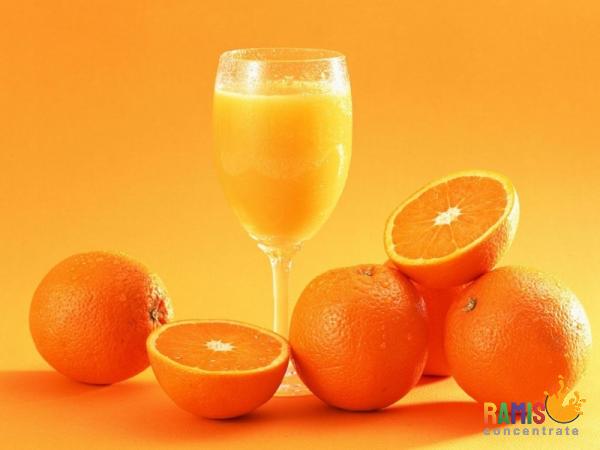 3. Flavor Profile: 100% orange juice is valued for its superior taste and authentic flavor. Directly extracted from oranges, it offers a refreshing and fruity experience. Concentrate, on the other hand, may lack the same depth of flavor due to the concentration process. However, the taste can be restored by reconstituting the concentrate with water as per the instructions. Some consumers may find the convenience of having a concentrated form appealing, especially as it occupies less refrigerator space and has a longer shelf life. 4. Price Consideration: Price plays a significant role in the decision-making process for many consumers. Concentrate often serves as a cost-effective alternative to 100% orange juice.
3. Flavor Profile: 100% orange juice is valued for its superior taste and authentic flavor. Directly extracted from oranges, it offers a refreshing and fruity experience. Concentrate, on the other hand, may lack the same depth of flavor due to the concentration process. However, the taste can be restored by reconstituting the concentrate with water as per the instructions. Some consumers may find the convenience of having a concentrated form appealing, especially as it occupies less refrigerator space and has a longer shelf life. 4. Price Consideration: Price plays a significant role in the decision-making process for many consumers. Concentrate often serves as a cost-effective alternative to 100% orange juice.
…
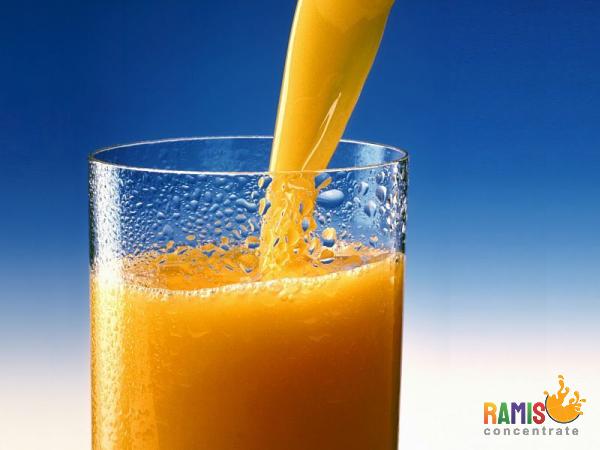 The concentration process enables manufacturers to reduce the volume, making it less expensive to transport and store. As a result, the price of orange juice concentrate is often lower than that of 100% orange juice. However, pricing may vary depending on the brand and location. Conclusion: When it comes to choosing between 100% orange juice and concentrate, both options have their pros and cons. If freshness, nutritional value, and richer flavor are your top priorities, then 100% orange juice is the way to go. It offers the authentic taste of freshly squeezed juice while providing essential nutrients. However, if cost-effectiveness, convenience, and longer shelf life are key factors, then orange juice concentrate could be a suitable alternative. Ultimately, the choice depends on individual preferences and priorities.
The concentration process enables manufacturers to reduce the volume, making it less expensive to transport and store. As a result, the price of orange juice concentrate is often lower than that of 100% orange juice. However, pricing may vary depending on the brand and location. Conclusion: When it comes to choosing between 100% orange juice and concentrate, both options have their pros and cons. If freshness, nutritional value, and richer flavor are your top priorities, then 100% orange juice is the way to go. It offers the authentic taste of freshly squeezed juice while providing essential nutrients. However, if cost-effectiveness, convenience, and longer shelf life are key factors, then orange juice concentrate could be a suitable alternative. Ultimately, the choice depends on individual preferences and priorities.

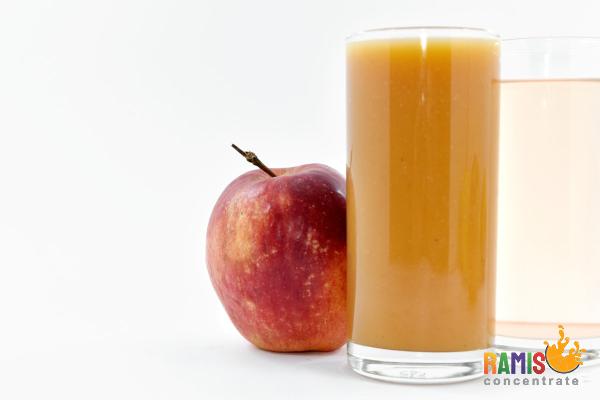
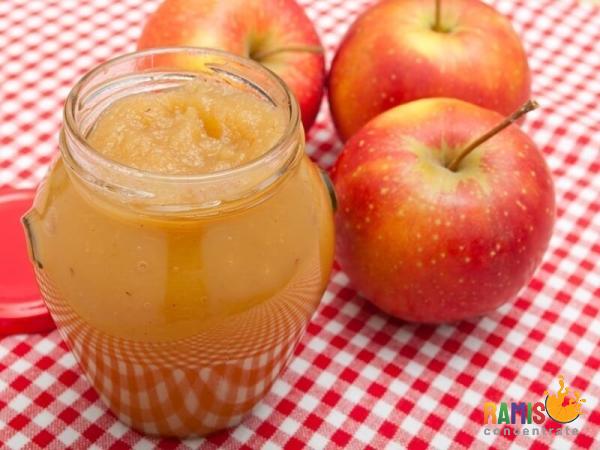
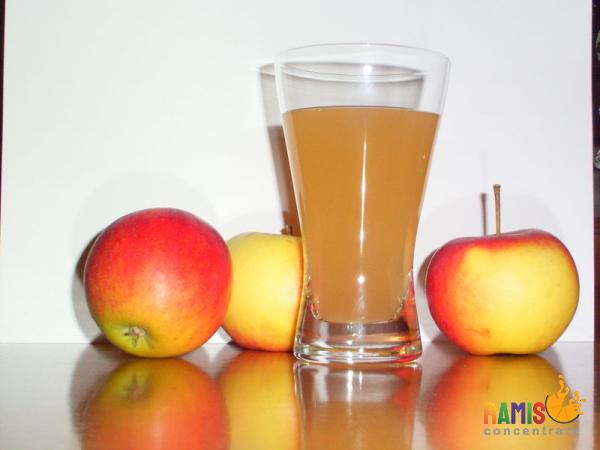

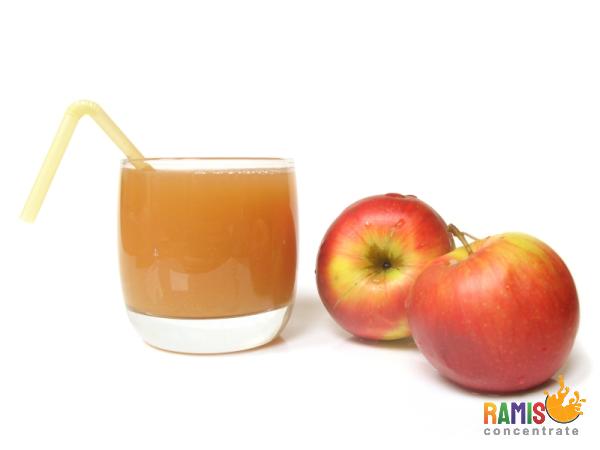
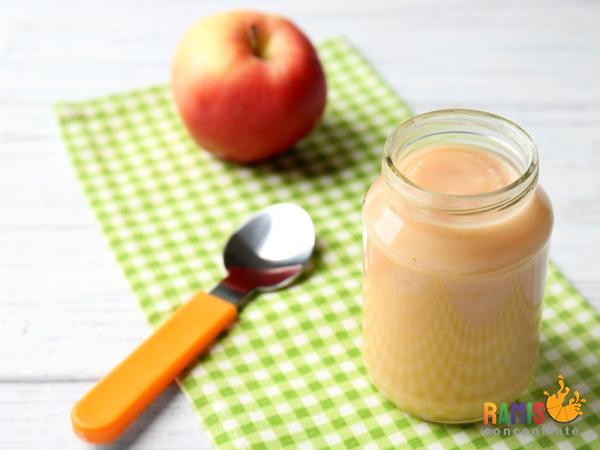
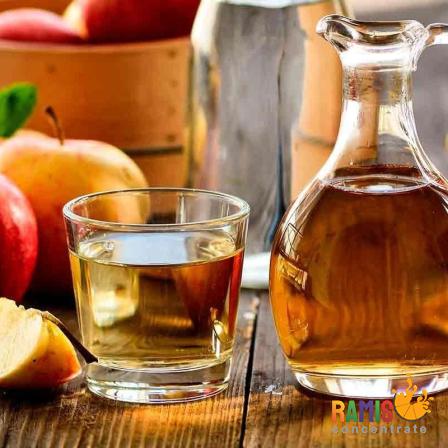
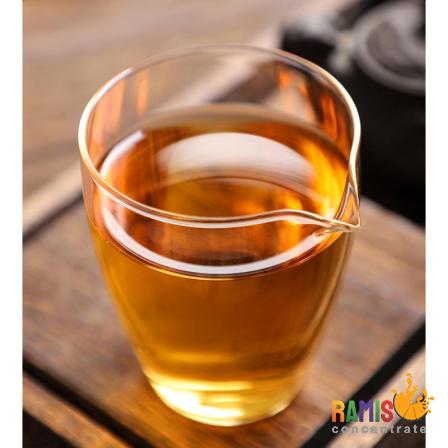
Your comment submitted.